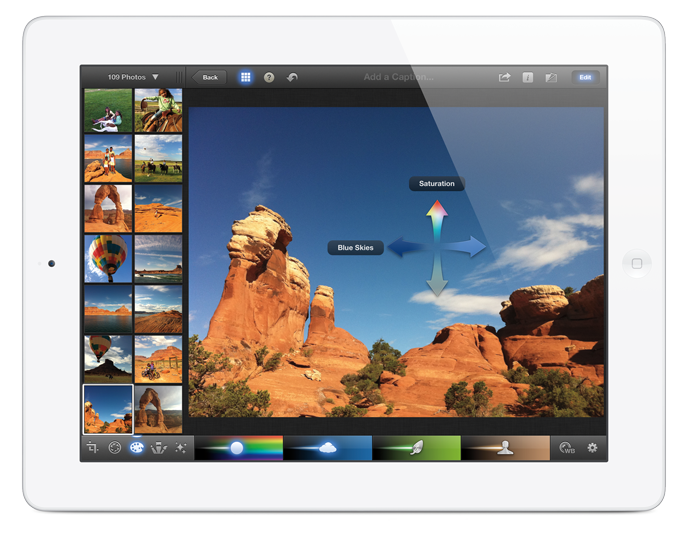A total of $1.12 billion in damages will be collected from LCD makers, following the latest round of settlements announced this week, according to The Wall Street Journal. The largest settlement payout will come from LG Display Co., which has agreed to pay $380 million in damages.
AU Optronics Corp. will also settle for $170 million, while Toshiba Corp. agreed to pay $21 million. That's in addition to settlement agreements made earlier this year by seven other companies such as Samsung, which agreed to pay $240 million.
Prosecutors in the case, which began in 2008, asserted that Apple was among a number of device makers who were victims of a price fixing scheme by LCD manufacturers. Customers affected by the alleged scheme could receive "substantial amounts" of money, according to San Francisco-based attorney Joseph Alioto.
Companies who agreed to settle, including Toshiba and LG, have denied any wrongdoing, but say they agreed to settle to end the ongoing legal dispute.
The companies that have agreed to settle in the case include some of Apple's most prominent LCD suppliers. Samsung is believed to have been the only company to have produced Retina displays for the third-generation iPad at launch earlier this year, while LG is expected to jump in at some point, having provided LCDs for previous-generation iPads.
 Sam Oliver
Sam Oliver








 Charles Martin
Charles Martin

 Malcolm Owen
Malcolm Owen
 William Gallagher
William Gallagher

 Christine McKee
Christine McKee
 Wesley Hilliard
Wesley Hilliard









37 Comments
The irony of Samsung getting fined!
Happy to see this news. The last thing we need is price fixing as all this does in the end is screw over the customer.
I know its not the same thing, but the way that OPEC operates should be investigated as well. Why are they allowed to collaborate and set production volumes to influence prices?
Happy to see this news. The last thing we need is price fixing as all this does in the end is screw over the customer.
I know its not the same thing, but the way that OPEC operates should be investigated as well. Why are they allowed to collaborate and set production volumes to influence prices?
Why would not they be? Your question is comparable to asking "why are American companies allowed to set salaries when they could be set by an international body?" (yeah, that suggest "Indonesian salary-level for everyone except Ballmer-types")
Think again. You do NOT want some opaque ruling machine to decide what is, or is not, a good thing for the world, and what rules countries should follow when it comes to their production. Setting rules inside your own countries is good, even though liberalism would dictate "as few of them as possible". Setting rules for others is bad.
One more thing: it could make sense that OPEC limits the production volume to enable oil use by further generations and prevent excessive pollution-per-year, and evil to try to prevent such a limit. Who decides what's the right behavior? How to prevent your (not you, sleepy3, but you "the person in charge") personal interest from biasing your decision? Example: An American would have most interest to have cheap oil. Anyone else than an American may observe that America is the biggest energy-user/polluter in the world, and think "how is America allowed to do that"?
OPEC is a group of countries that exists to enable those countries to negotiate their resources at the best possible price for them. That's what it's for. It was born from the fact that until 1960, oil companies (mainly British and American) abused their (Western-governements-militarily-backed, see why Persia's now called Iran if you doubt the military part) negotation power.
Conclusion: That's why OPEC is "allowed" to negotiate prices. Because if they weren't "allowed", then it would mean prices would be set by the Western world. In essence, the powerful, rich and pampered countries of the west would reap the riches of the world, and steal what is rightly Iranese, Saudi, or Venezuelian (etc). Don't you think the West does enough of that already?
apparently laywers get 30% of the settlement. Nice!
Where's my check?